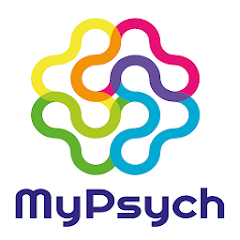The following advice is taken from the TOXBASE entry for paracetamol:
Management: Management of paracetamol overdose depends on the type of overdose involved. The NPIS has defined different types of paracetamol overdose as follows:
- Paracetamol overdose over a period of one hour or less: Excessive amounts of paracetamol are ingested over a period of less than one hour, usually in the context of self-harm.
- Staggered paracetamol overdose (non-therapeutic ingestions of excessive paracetamol over a period of more than one hour): Excessive amounts of paracetamol are ingested over longer than one hour, usually in the context of self-harm.
- Therapeutic excess (ingestions of excessive paracetamol with intent to treat pain or fever and without self-harm intent): Therapeutic paracetamol excess, where patients ingest paracetamol at a dose greater than the licensed daily dose AND more than or equal to 75 mg/kg/24hrs, for the treatment of pain or fever without self-harm intent is common. This usually occurs over more than 24 hours, but may occur over less than 24 hours. Therapeutic excess can involve use of excessive doses of the same paracetamol product or inadvertent use of more than one paracetamol-containing product at the same time.
All patients who meet any of the following criteria should be referred to hospital for medical assessment:
- Patients who have ingested paracetamol in the context of self-harm (irrespective of
reported dose)
- Symptomatic patients
- Patients who have ingested 75 mg/kg* or more paracetamol over a period of one hour or
less
- Patients where the time of ingestion is uncertain but the dose ingested is 75 mg/kg* or more
*For a 60kg individual 75mg/kg equates to 9 tablets.
MHRA advice is that treatment with acetylcysteine should be commenced without delay in ALL patients who have ingested a staggered overdose.
